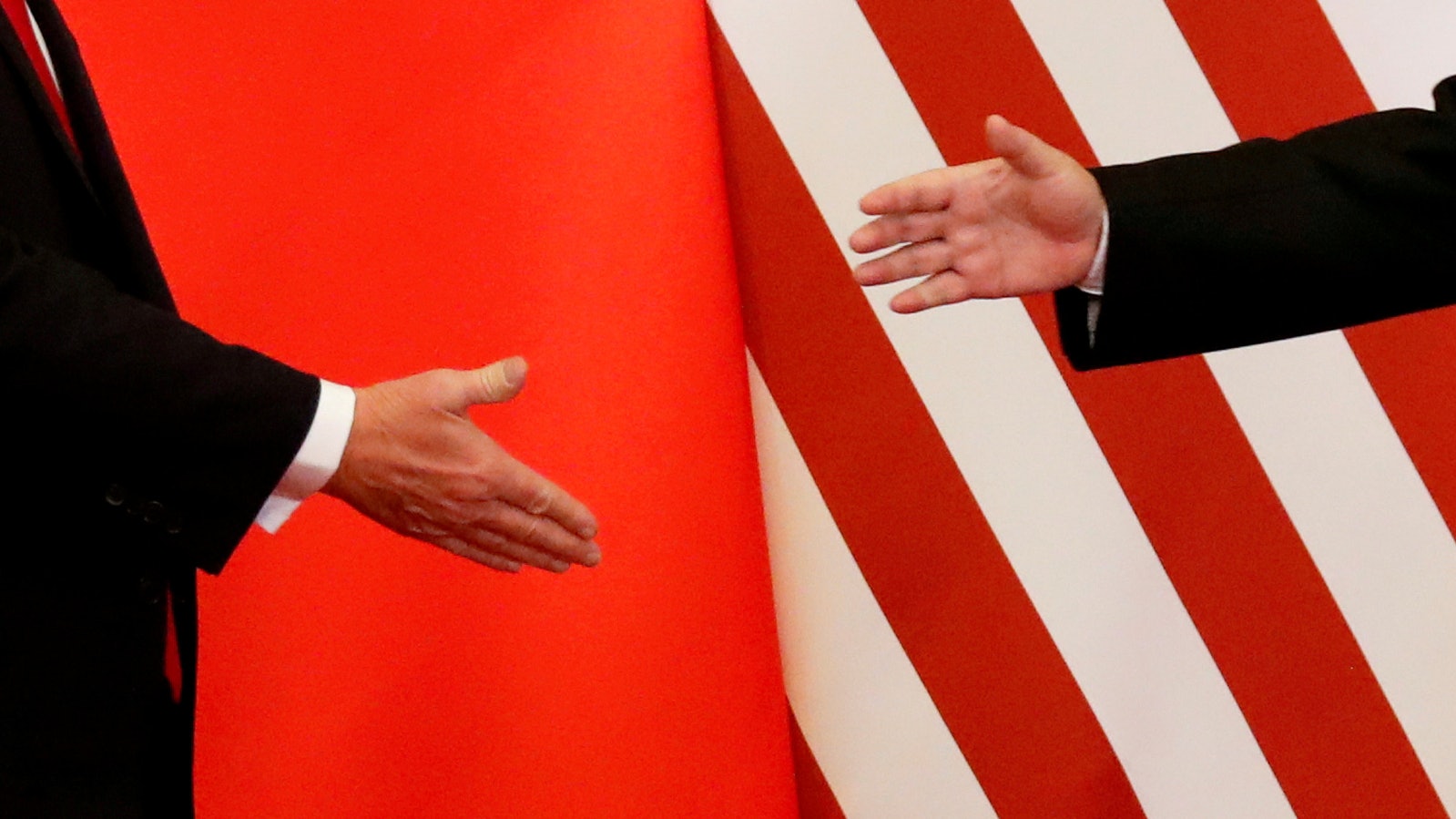The China-US trade team will conduct a new round of trade negotiations in Shanghai, China on Wednesday (July 30-31), which is the first formal negotiation between the two countries after the Osaka Special Olympics.
In an easy-to-place talk, China hopes that the Shanghai negotiations will open a path of reconciliation different from the Beijing negotiations. However, the US has already lowered its expectations for this negotiation. The differences or difficulties in the previous negotiations still affect the outcome of the negotiations.
According to White House economic adviser Larry Kudlow on July 27th, the main purpose of the Shanghai negotiations is still to discuss how to implement the results of the Osaka Heads of State Summit and to further develop some initiatives aimed at expressing “goodwill”. “Clarification” and promote implementation.
That is to say, the main task of the US trade representative Robert Lighthizer and the finance minister Steven Mnuchin in Shanghai is to ensure that China’s commitments made during the meeting of the heads of state are mainly reflected in China buys more American agricultural products as soon as possible.
According to news from US officials and other media outlets such as Bloomberg, the Shanghai negotiations were mainly aimed at putting the previous “goodwill” into practice and paving the way for future negotiations. As for the issue of intellectual property theft, compulsory technology transfer and subsidies for Chinese state-owned enterprises, which are of concern to the United States, there will be no major progress in the Shanghai negotiations.
According to Kudlow, the Shanghai negotiations did not expect to reach any big agreement, but instead focused on “adjusting” the negotiations between the two countries and returning to the state before the trade negotiations collapsed in May. Kudlow stressed that the main reason is that China has fulfilled its “good faith” commitment to help the United States achieve trade balance by purchasing large quantities of US agricultural products and services.
The low expectations of the US are mainly from US President Donald Trump.
After many rounds of negotiation setbacks and two key heads of state meetings, Trump seems to have determined that China is retreating in trade negotiations, completely “waiting” for the new US president to take office. On July 27, the day when Kudlow expressed low expectations, Trump said at the White House that China may not want to sign a trade agreement, but wait until the US presidential election in 2020 is more favorable to their agreement. He believes that China may be waiting for those Democrats who sell American interests to come to power.
This allegation that China is implementing delaying tactics is not new. Before the mid-term elections of 2018, Trump and the aides around him made such judgments. At that time, Trump adopted the advice of ultra-conservatives and even accused China of interfering in the mid-term elections and helping the Democratic Party to control Congress. However, the Trump administration said this, it is entirely to pass on internal contradictions and ease internal pressure. Now, Trump has announced his re-election and officially entered the campaign stage. His perspective on internal affairs and diplomacy will be centered around the elections. China-US trade negotiations are no exception.
China’s Minister of Commerce, Zhong Shan, joined the Shanghai negotiations, which also prompted the United States to make a low expectation. Before the White House officially announced the arrangements for the Shanghai negotiations on July 24, the Trump government staff described Zhongshan as a hardliner in the Chinese trade team. Although Zhong Shan had accompanied the Chinese leader and Vice Premier Liu He before, he participated in several rounds of China-US trade consultations and telephone communication. However, this is the first time that the US ruling and opposition parties have enlarged the role of Zhongshan and put it on the label of hardliners. Link it to the success and success of the negotiations. If the trade negotiations between the two sides are not going well, the US public relations can easily attribute it to the toughness of China’s position.
This low expectation of the United States is also related to its unrealistic demands for China. After more than a year of negotiations, the United States has also seen China’s position and appeals. It is no longer unilaterally demanding major changes at the institutional or policy level. Instead, it is keen to buy more agricultural products and ask China to buy more. Cashed out faster.
Moreover, while maintaining the same principle, China strictly abides by China’s economic sovereignty and demands the United States at the same time, mainly in three aspects: immediately canceling all tariffs imposed on China; the agreement negotiations are more balanced and must be taken care of. The interests of the Chinese side, not an agreement that benefits the United States; the goal of setting up a purchase list must be realistic and reasonable, and cannot become a compulsory buying and selling act.
In addition, US intelligence analysts and some media also noted that the Shanghai talks coincided with China’s details of the China-US trade negotiations and the objectives of the China-US trade negotiations may be adjusted before the Beidaihe meeting in August. This is also one of the considerations for the US to lower its expectations. It is expected that China will continue to adhere to the above three tough stances.
Therefore, on the whole, the Shanghai talks are completely negotiations between the two sides before the resumption of the meeting of the heads of state, and re-adjust the objectives of each other’s negotiations.
For China, the main appeal is to let the United States fulfill its promise of being close to Chinese company Huawei and prevent remorse at other agreements;
For the United States, the main appeal of the Shanghai negotiations is to “reconfirm” Beijing’s previous commitment to purchase US agricultural products and services. This is a short-term negotiation commitment for Trump and a continuation of talks with China. One of the important foundations for going on.












